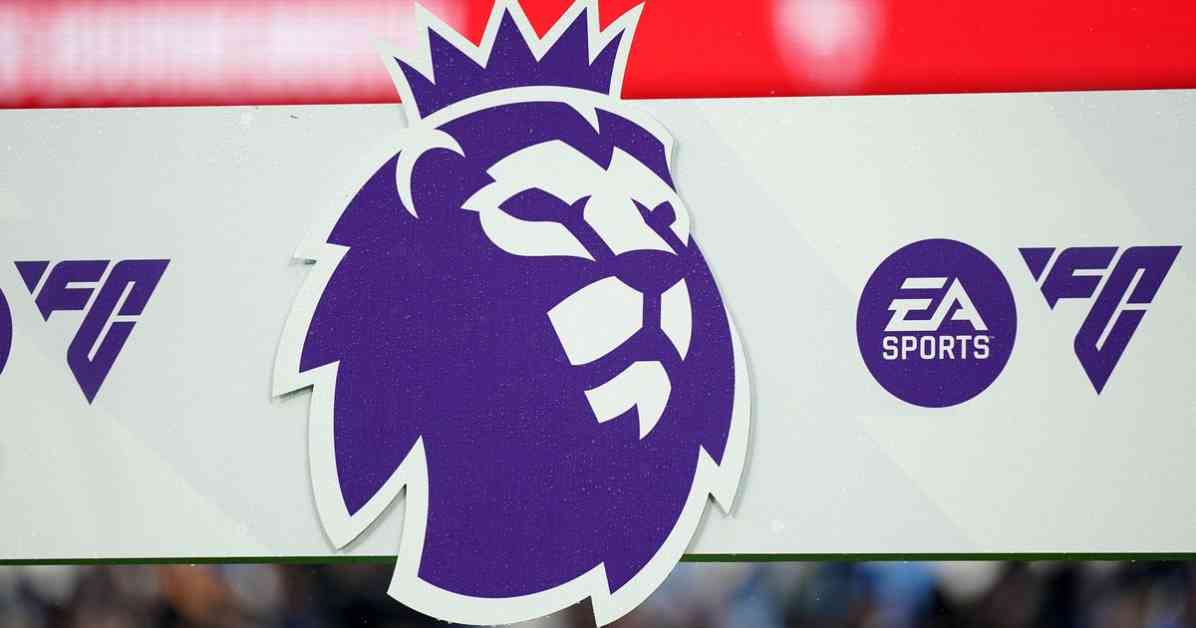Aston Villa and Manchester City Challenge Premier League’s Commercial Rules
In a recent turn of events, Aston Villa and Manchester City have made waves in the Premier League by challenging the rules governing commercial deals within the league. The arbitration panel’s verdict, declaring these rules “void and unenforceable,” has significant implications for the future of top-flight football.
The Premier League’s associated party transaction (APT) rules, designed to ensure that deals between clubs and entities linked to their owners are fair and just, came under fire when Manchester City and Villa spearheaded a legal battle against them. Last October, an arbitration panel ruled that three aspects of the APT rules were unlawful, prompting a call for amendments.
City and Villa took a bold stance, arguing that the entire set of rules should be deemed void, rather than just making superficial changes. This position, backed by Villa, reflects a broader push for transparency and fairness in the league’s financial dealings, especially in light of recent controversies such as the failed Super League attempt in 2021.
The arbitration panel’s decision not only vindicates the clubs’ concerns but also sets the stage for a potential shift in how commercial deals are regulated in the future. While City has yet to comment on the ruling, the Premier League has reiterated its commitment to upholding the integrity of the new APT rules established in November 2024.
Implications for Financial Fair Play
The ongoing legal battle between Manchester City and the Premier League over alleged breaches of financial rules adds another layer of complexity to this unfolding saga. With more than 100 alleged violations at stake, the outcome of this case could have far-reaching consequences for how clubs navigate financial fair play regulations.
City’s vehement denial of these allegations underscores the high stakes involved in maintaining transparency and accountability within the league. As clubs jockey for position on and off the field, the delicate balance between financial prowess and fair competition hangs in the balance.
As the arbitration panel deliberates on the merits of these allegations, the broader footballing community awaits a resolution that could reshape the landscape of the Premier League. Whether the league can strike a balance between enforcing regulations and fostering a competitive environment remains to be seen.
Unity Amidst Uncertainty
Villa’s decision to stand alongside City in challenging the commercial rules highlights the importance of unity in the face of uncertainty. Joint owner Nassef Sawiris emphasized the need for a cohesive front among clubs to present a united stance to the impending Independent Football Regulator.
In a landscape rife with political and financial tensions, the solidarity exhibited by Villa and City sends a powerful message to the broader footballing world. As the sport grapples with evolving regulations and shifting power dynamics, the role of clubs in shaping its future has never been more critical.
The tribunal’s ruling on the APT rules not only validates the concerns raised by Villa and City but also underscores the need for ongoing dialogue and collaboration within the league. By challenging the status quo, these clubs have set a precedent for transparency and accountability that could reverberate throughout the footballing ecosystem.
As the dust settles on this landmark decision, the Premier League faces a crossroads in how it governs commercial deals and financial fair play. The actions of Villa and City have sparked a conversation that transcends individual interests, paving the way for a more equitable and sustainable future for the beautiful game.
The tribunal’s decision to declare the Premier League’s commercial rules “void and unenforceable” marks a turning point in the league’s regulatory landscape. As clubs navigate the complexities of modern football, the need for transparency, accountability, and fair competition has never been more pressing. City and Villa’s challenge has not only reshaped the conversation around commercial deals but also highlighted the power of unity in advocating for change.



























